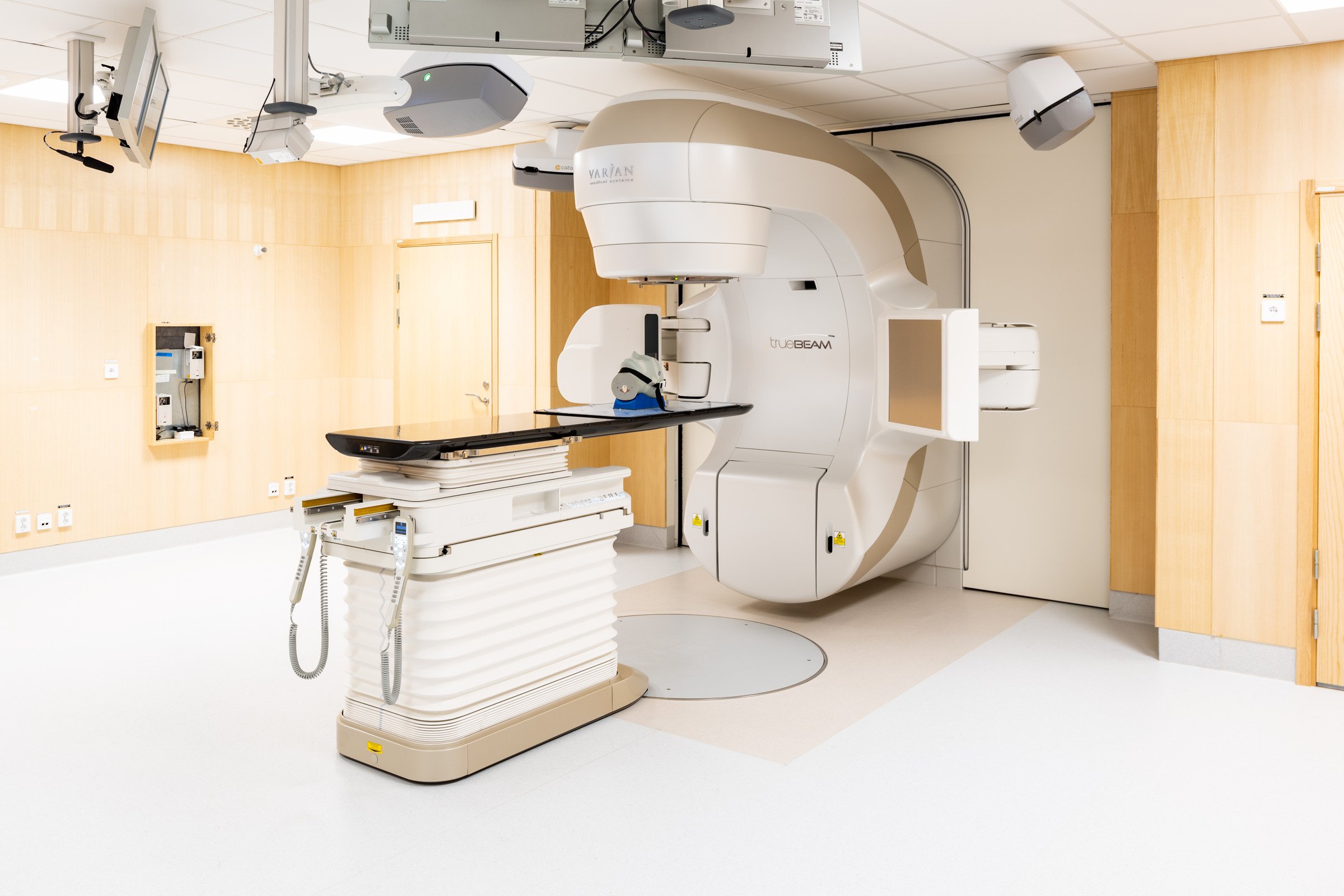Anal Cancer
Although Karolinska currently is not a domestic provider of oncological treatment for anal cancer, competence, and facilities for such treatment are available. Our surgical unit has unique expertise in performing anal cancer surgery.
Karolinska University Hospital is a national and regional referral center for patients with advanced colorectal cancer requiring extensive, complex oncological and surgical treatment. Our CRC unit performs cytoreductive surgery with HIPEC (intra abdominal treatment with chemotherapy) as well as advanced multi organ resection surgery as indicated.
When possible, are performed with minimally invasive techniques, including robotic and laparoscopic surgery, although complex situations may require open surgery. All patients are treated within an enhanced recovery after surgery (ERAS) protocol, which has been shown to significantly reduce complications and length of hospital stay after surgery. Our unit is also involved in world-leading research in cancer, inflammatory bowel disease, and ERAS.
